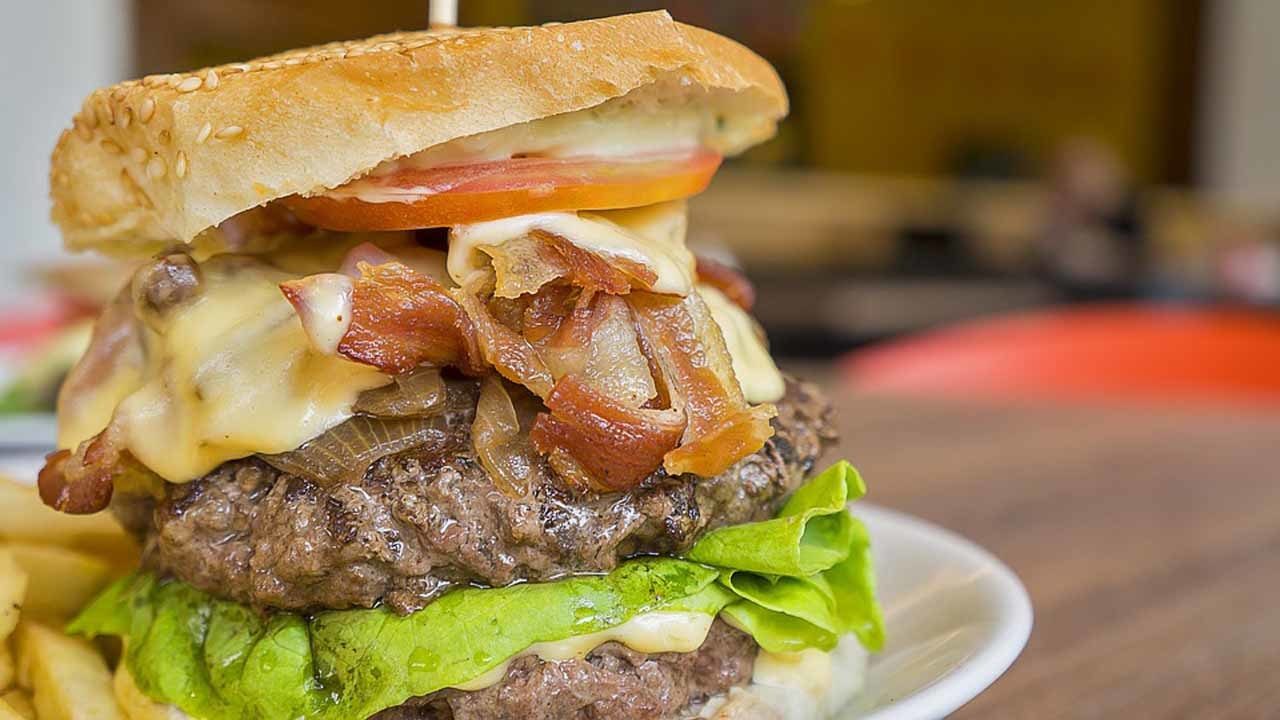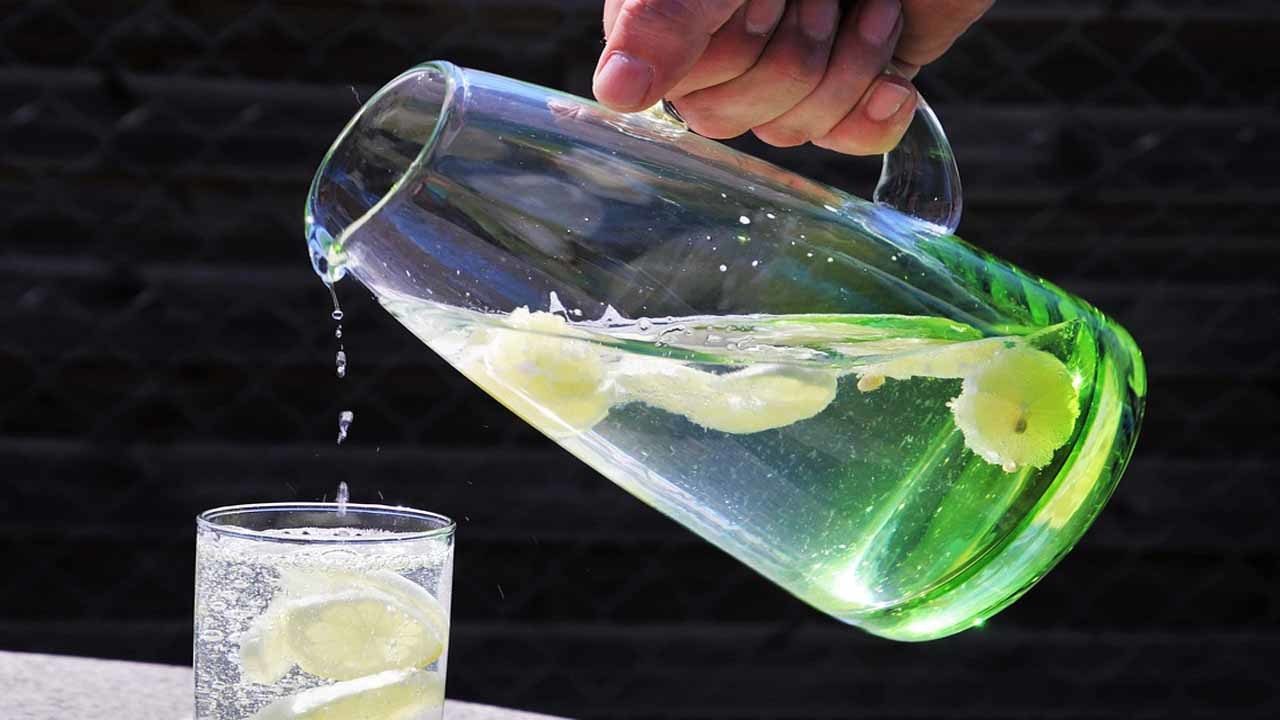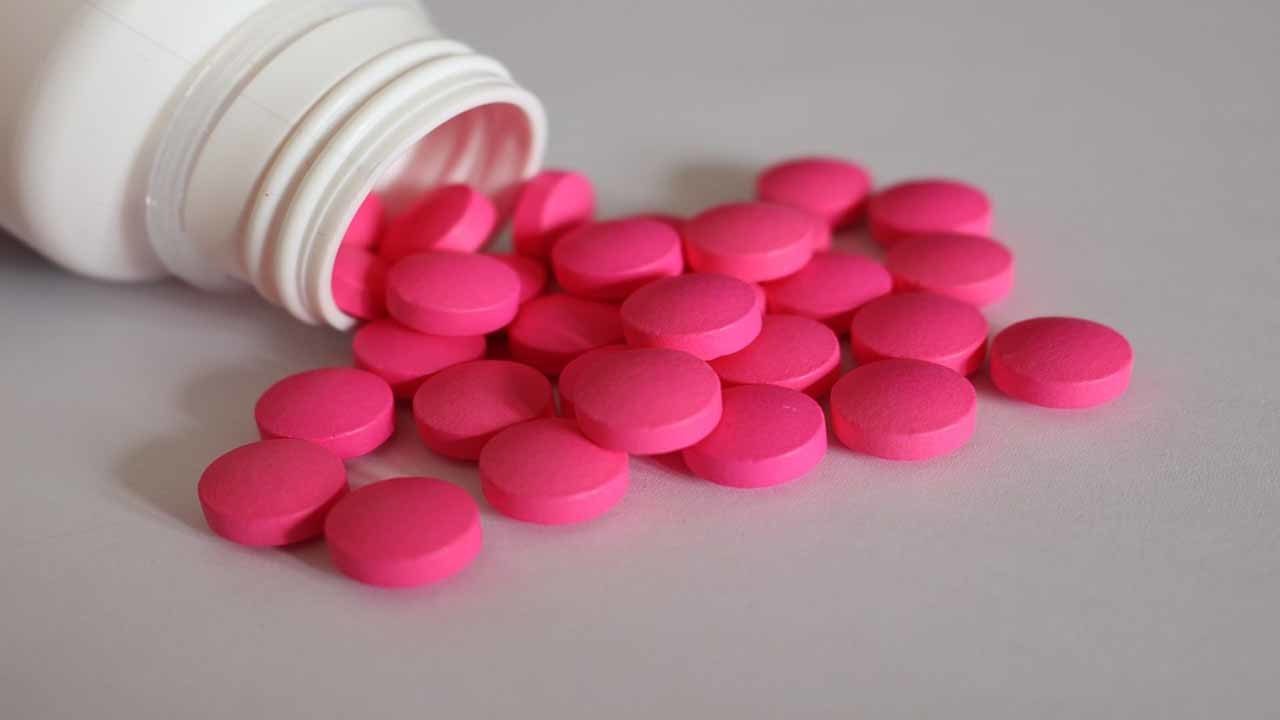ORLANDO, Fla. – Whether it's a greasy meal or chugging a bottle of Pedialyte, people tend to have a few tricks they swear by when looking to cure a hangover, but do any of them actually work?
Obviously there is no guaranteed quick fix when it comes to dealing with the effects of a fun night out, otherwise we'd never have to experience a hangover again. That doesn't mean some of the most common suggestions to treat hangovers don't at least help fight the nausea, dehydration and other symptoms we've all felt after drinking too much.
Is your go-to cure anything more than a myth? Below is a list of some of the best-known tricks experts have broken down.
Hair of the dog

Does the phrase "The best way to avoid a hangover is to keep drinking" ring a bell? Well, the old "hair of the dog" trick may have some truth to it, according to experts. But if you're feeling some relief from an early-morning beer or bloody mary at brunch, you may have a bigger problem than your hangover itself.
“We consider that a sign of addiction,” Dr. David Aizenberg, an associate professor of clinical medicine at Penn Medicine, told Time magazine. “Some people say it does make them feel better, but if that’s the case, there could be a little bit of actual alcohol withdrawal going on.”
Another issue with using more alcohol to tackle a hangover is that it's only a temporary fix. According to Dr. Daniel Hall-Flavin, a consultant in addiction psychiatry at the Mayo Clinic, it's only providing a numbing effect by prolonging the inevitable that is your hangover.
Basically, it may work for a bit, but more alcohol is not actually a cure for your hangover since it will likely only worsen the effects you feel later.
Hangover food

You've likely been told that "hangover food," which is typically a big serving of greasy fast-food favorites, will soak up the alcohol in your system that's causing your hangover.
According to Aizenberg, this is a myth.
“By the time people are eating their greasy foods, none of the actual alcohol is left in the body; it’s all of the byproducts that are in the blood,” he said.
Still though, Aizenberg said it could make you feel better to eat something.
Instead of greasy foods, health experts at Harvard University recommend getting healthy carbohydrates into your system, since drinking can lower your blood sugar levels and worsen hangover symptoms.
"... Some of the fatigue and headaches of a hangover may be from a brain working without enough of its main fuel," according to a report by the university.
Researchers said toast and juice can give your blood sugar the gentle nudge it needs to return to normal levels.
Chugging water before bed

It is important to stock up on the right fluids after you've had a bit to drink, but it's not clear if there's a best time for you to do that.
Heavy drinking throws your level of anti-diuretic hormone, which regulates your body's water balance, out of whack, which is why you tend to use the bathroom a lot when consuming alcohol, according to the report from Time magazine.
Some of the symptoms you run into when hung over, including nausea, headaches and diarrhea, can be a sign that you're dehydrated. Harvard researchers said drinking any water at all when you're hung over may bring some relief.
Bottom line: Although hydration is a must to help fight the dehydration a long night of drinking brings, doctors aren't sure if drinking water before bed is anymore beneficial than drinking it at another time.
“It’s unclear whether [having water] after drinking, before drinking or when people have a hangover” is the best strategy," Aizenberg said.
Overload on electrolytes
We've all heard Gatorade can be a cure, and some people swear Pedialyte is the answer to any hangover. Do those drinks really make a difference, though?
According to Time magazine, drinking Gatorade or Pedialyte can cut back on symptoms like vomiting, dehydration and nausea because they work to replenish nutrients your body lost, but not any more than other electrolyte-filled drinks can.
Some research argues that Gatorade doesn't offer anymore relief than tap water can, according to Men's Health. But it is higher in sugar. Perhaps it's better to focus on your water intake.
Caffeine for the cure

Some people think caffeine is a quick-fix to their awful symptoms the morning after drinking. According to experts, it can actually make you feel better by getting rid of the grogginess you tend to experience, but it can also hurt you.
Since coffee is a diuretic, it can dehydrate you even more. If you use the cup of joe for that jolt of energy the morning after, be sure to chase it with plenty of water to rehydrate.
Sweat out the toxins

You may be able to hit the gym because you think it'll help the morning after drinking, especially if you've had the coffee to give you the boost, and according to experts, it may make you feel better, but not for the reasons you might think.
If working out is helping your hangover, it's not because you're actually sweating it out, said Dr. Ed Boyer, a medical toxicologist at Boston’s Brigham and Women’s Hospital. It's likely only helping by acting as a distraction from the symptoms you'd otherwise be feeling.
Boyer said that if you're planning to hit the gym or participate in other physical or mentally exhausting activities after some heavy drinking, remember that being hungover can throw off your coordination and thinking, so be sure to use caution.
Over-the-counter cures

Some people think popping a few aspirins before bed can prevent what's to come in the morning, and while it can offer some relief, there are a few things to remember.
Most over-the-counter painkillers last about 4-6 hours, so their effects could wear off by the time you wake up in the morning, Aizenberg reminds drinkers. It can also worsen any acid reflux you might experience, he said.
You should also avoid certain kinds of medication, since your body is already working overtime to process the alcohol, Dena Davidson, Ph.D., a former associate professor of psychiatry at Indiana University School of Medicine, told Men's Health.
"While it's OK for a headache, when combined with a liver that's working overtime to metabolize alcohol, it can cause liver damage or be deadly," Davidson said.
Davidson suggests taking nonsteroidal anti-inflammatory drugs, like aspirin, ibuprofen and naproxen, and avoiding acetaminophen, like Tylenol.
Take B6, avoid feeling sick

You've probably had someone offer you a B vitamin before a night of drinking, since it's long been rumored that taking it as a preventative measure will help you avoid a hangover all together.
Of course, taking vitamins probably won't hurt, since you're likely going to put your body through a rough night, but it's certainly not the secret to drinking without paying some sort of price (we still don't think that exists).
According to the Harvard report, a study published more than 30 years ago revealed that people who took a total of 1,200 milligrams of B6 before, during and just after drinking until drunk experienced fewer hangover symptoms. The study was small, though, and was never replicated.
Even if that finding holds true, it still doesn't guarantee a complete cure.
Post-drinking pickle juice

If you're already feeling sick, it's probably not going to be that easy to throw back a shot of pickle juice, but is it worth it to try? It might be.
Although the pickle juice isn't going to act (or taste) like a magic potion that cures your day-after-drinking aches and pains, but it may help get you on the mend.
According to the Huffington Post, pickle juice has many of the salty electrolytes your body needs to bounce back after you do some heavy drinking.
In other words, it's all about trying to rehydrate (seeing the pattern?) after taking part in a night of fun. Pickle juice can help you accomplish that, according to a report by the MedicalDaily.com.
"One of the main reasons people feel so terrible when they’ve spent a night drinking is because alcohol is a diuretic, leaving you feeling dehydrated. Drinking pickle juice helps to replenish your depleted sodium levels," the report said about the green juice.
To sum it up, it's not a one shot cures all kind of thing, but it will likely only help if you're feeling desperate and dehydrated.
100% success rate
There is one thing that's never failed those looking to avoid a hangover: not drinking.
If you swear some of the above tricks have cured your hangovers, you may be one of the lucky ones. Many of them can bring some relief, or at least trick you into thinking you're feeling some, but there probably isn't anything you can do or take that would make you forget you may have too much to drink.
If you run into anything that prevents or cures your hangover 100 percent of the time, please be sure to share it with the rest of us. Until then, pace yourself, drink your water and have your aspirin ready.
Cheers!
